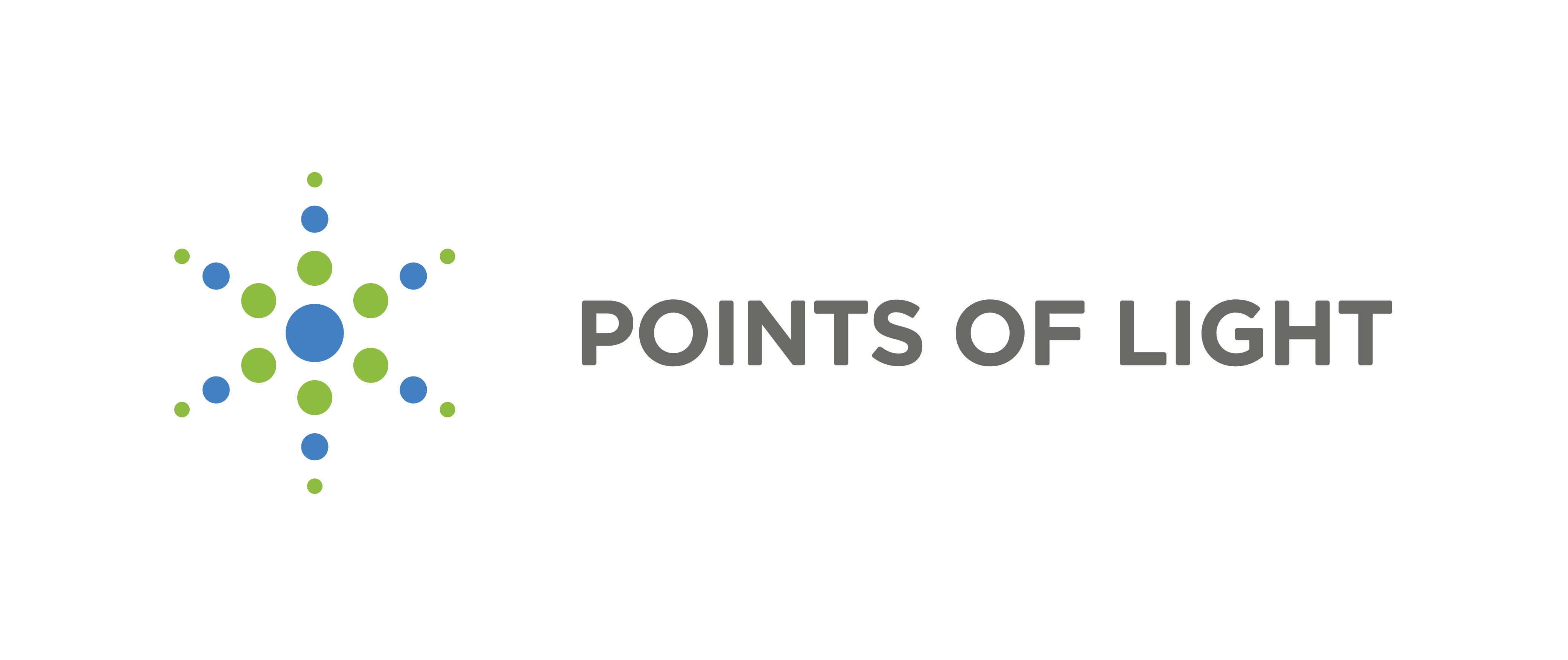When Veterans Don't Feel Like Heroes, This Vet Steps In

During National Volunteer Week, April 12 - 18, we celebrate the diversity of our nation’s volunteers, like today's Daily Point of Light Award winner, Krystol Stinson. Read her story and nominate someone you know as a Point of Light.
Transitioning from the battlefields back to civilian life is perhaps one of the toughest parts of the job for many of our service men and women.
“One of the hardest things a vet faces when they come home is the stigma of hero,” says veteran Krystol Stinson. “A guy who went to combat and saw two of his buddies blown up and he comes back whole – he doesn’t think he’s a hero. And a lot of times he doesn’t think he’s the lucky one. He may be the one who remained alive but to him, he’s not a hero.”
Those feelings are alienating, and – for the vets dealing with post-traumatic stress disorder, or PTSD – they can be terrifying. “For the individuals that come home, it’s hard for them to understand the public’s culture of hero, and that title starts getting applied to them everywhere they go,” Stinson says.
She knows what she’s talking about. During her 20 years with the U.S. Navy, she completed two tours of duty in Iraq in 1993 and 2002. Now retired from the Navy, she works with returning veterans who struggle with mental health and finding employment.
She serves as a Veteran Leader Corps member with Western Kentucky University’s Veterans Upward Bound, a federal program that helps U.S. military veterans enter into and succeed in college. She also volunteers with 22 Too Many, a nonprofit that raises awareness about suicide among veterans – 22 a day, according to a Department of Veterans Affairs report.
"As a veteran myself, I have seen firsthand how PTSD and mental health struggles can affect a veteran’s life,” Stinson says. “My close friend committed suicide, and it is important that veterans struggling with these problems know that there is hope and many support services available.”

